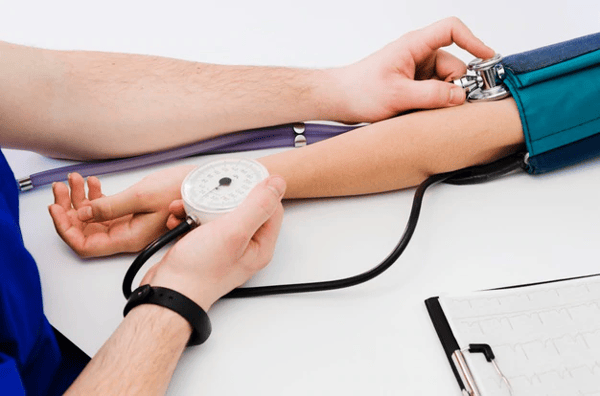Topics: Sleep Apnea, Insomnia, home sleep test
Sleep is one of the three pillars of good health. And while most of us take care to stick to a healthy diet and exercise routines, we don’t pay as much attention to our sleep. But the quality of your sleep has an immediate visible effect on your health.
If you didn’t get a good night’s sleep, you wake up feeling lethargic, irritable and significantly less productive throughout the day. And sleep disorders like insomnia and obstructive sleep apnea can have major side effects - some evident in the short term, and other more serious and long term.
Side Effects of Sleep Apnea
Sleep apnea can disrupt your daily life, and that’s not just limited to your bed partner being woken up by your loud snoring. Let’s take a look at some of the common side effects of sleep apnea:
Low Energy & Productivity
First up, there are the typical effects of poor sleep quality, which impact your daily energy levels.
Daytime sleepiness: You feel tired the entire day, and also experience daytime sleepiness as a sleep apnea side effect. This chronic fatigue may, in severe cases, cause you to pass out while working at office, watching a movie, or even while driving a vehicle—a situation that can be life-threatening.
Memory and concentration: Sleep helps the brain consolidate learnings and memory accumulated throughout the day, and lack of sleep means your body is not adequately performing these functions. This can cause lack of concentration, low productivity, and poor memory.
Mood swings: Poor quality of sleep also causes a fall in the level of GABA (gamma-aminobutyric acid)—the chemical responsible for keeping a person calm. This can make you irritable and prone to mood swings, and lead you to come across as unfriendly, impacting your professional and social life.
Libido: Sleep apnea can result in reduced libido affecting sex life. It is believed that due to chronic sleep disruption the body does not produce enough sex hormone testosterone, which lowers the libido.
What Health Problems Can Sleep Apnea Cause?
Besides the obvious side effects, sleep apnea and the consequent lack of sleep also leads to health issues that build up over time.
-
Obesity: Sleep affects the level of hunger and satiety hormones in your body. Lack of sleep increases hunger hormones, pushing the body to eat more than it needs. And that can lead to high BMI and obesity.
-
Diabetes: Sleep also regulates how your body reacts to insulin and thus has an impact on your blood sugar. Poor quality sleep makes your body resistant to insulin, which leads to high blood sugar, increasing your chances of developing diabetes. Additionally, if you are already struggling with diabetes, lack of sleep can make it difficult to effectively control it.
-
Hypertension: In the case of sleep apnea, patients have difficulty breathing and the heart works overtime to pump limited oxygen throughout the body. This can cause accelerated heart rates of upto 120, even while asleep, leading to high blood pressure and hypertension.

-
Stoke: Long-term deprivation of sleep can weaken the immune system, increase risks of cardio-vascular disorders. It has been observed that over a period of time, a person suffering from sleep apnea can suffer silent strokes (the patient may not remember experiencing a stroke and hence the name silent stroke) and develop lesions in the brain.
Is Sleep Apnea Curable?
If left untreated for long, sleep apnea can have severe long-term health conditions and even prove fatal. So our advice is, don’t sleep on it.
Sleep apnea generally affects middle-aged men. Women and children can also suffer from this disorder but their probability is lower than when compared with men.
“Sleep apnea occurs in about 3 percent of normal weight individuals but affects over 20 percent of obese people and sleep apnea rates increase sharply in women after menopause”, says a study from John Hopkins University.
If you, or a loved one, are feeling the symptoms of fatigue, stress, or daytime sleepiness, or suffering from diabetes or hypertension, it’s wise to check your sleep patterns. You can:
- Take a simple sleep quiz to know if you are getting quality sleep
- Take the Home Sleep Test to know if you have a sleep disorder
